Politics
Air pollution from heating and cooling: stepping up clean energy use urgently needed
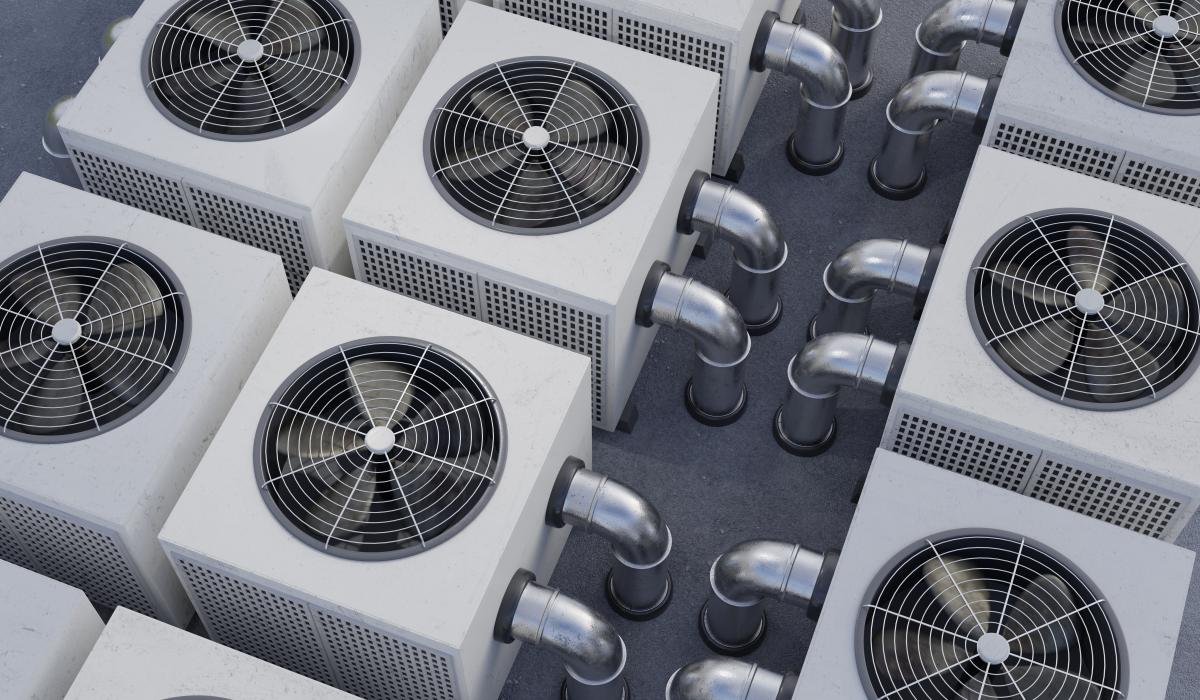
Air pollution remains a critical environmental challenge in the EU, with the heating and cooling sector significantly contributing to the release of harmful pollutants. These emissions include 73% of particulate matter (PM2.5), 33% of nitrogen oxides (NOx), 2% ammonia (NH3), 18% of non-methane volatile organic compounds (NMVOCs), 61% of carbon monoxide (CO) and 49% of sulphur dioxide (SO2) – all of which pose serious health risks. Buildings and our homes are a key source of these pollutants.
Following the revision of the Ambient Air Quality Directive, several Member States will need to deploy additional efforts to comply with the more stringent air quality 2030 targets, as the EU has aligned its standards more closely with the World Health Organization’s (WHO) air quality guideline levels.
In this situation, correctly identifying the drivers behind air pollution is crucial for selecting and recommending cleaner alternatives to current practices.
Despite a gradual shift to less polluting energy sources for heating in the EU, combustion devices emitting pollutants still dominate the energy mix, accounting for 97% of heat production in 2022, according to a JRC study.
The last two decades have seen progress in the quality and efficiency of European heating. While the EU27 decreased its overall gross final energy consumption (GFEC) in 2022 (latest data available at the time of the study) by 9.5% compared to 2005, consumption for heating and cooling has performed better, reducing by 16% over the same period. This is in part due to lower energy needs for heating buildings and partly to more efficient heating appliances.
The use of heat pumps, with no direct pollutant emissions, has increased six-fold since 2005, currently accounting for 3.7% of gross final energy consumption. While the heating and cooling sector achieved a 25% renewable energy share in 2022, heat pumps still represent a relatively small portion, contributing only 15%.
Pollutant emissions from heating are dominated by the residential sector (85% of PM2.5, 82% of NMVOC, 79% of ammonia and 76% of CO) showing the need for more stringent pollution emission limits to be set for appliances sold for use in this sector. The analysis shows that this is particularly relevant for biomass for PM2.5 and gas and biomass for NOx.
Building on earlier research on small-scale combustion and ongoing efforts to improve air pollutant emission estimates in the Emissions Database for Global Atmospheric Research (EDGAR), the study pinpoints key factors influencing emissions:
- the type of fuel used (such as natural gas, wood, oil, pellets, or electricity),
- the technology employed (like stoves, chimneys, boilers or heat pumps),
- the overall efficiency of these systems.
National Energy and Climate Plans
The study also analysed both 2019 National Energy and Climate Plans (NECPs), and the 2023 draft NECPs which outline how EU countries intend to meet their energy and climate targets for 2030. The findings show an increase in renewable targets.
For instance, Sweden aims to further increase its renewable energy contribution in heating and cooling compared to the contribution outlined in its 2019 NECP, reaching a share of 73% by 2030, while Denmark, aiming for a 77% share, shows the largest increase in percentage points (17 pp) comparing its two NECP submissions.
However, 12 Member States still fall short of new EU requirements and many countries still project 2030 renewable shares below expected levels. The Commission has issued recommendations on the draft updated NECPs, including where relevant, on the need to increase the ambition for renewables. Member States are now finalising their NECPs, taking into account the Commission recommendations.
Heat pump use is set to rise 22% by 2030, based on 2023 NECP drafts, whereas biomass heating projections have only slightly increased, with some countries reducing targets due to air quality concerns.
These findings highlight the complex and multifaced challenge for the EU efforts to balance energy needs with air quality and decarbonisation goals.
Indeed, while progress has been made in renewable adoption and energy efficiency, the continued reliance on fossil fuels and biomass in heating systems poses ongoing air quality risks.
Background and policy relevance
The EU has adopted a comprehensive strategy to combat air pollution, combining regulatory measures, strategic initiatives and a strong emphasis on renewable energy and energy efficiency.
The EU’s updated energy framework, reflected in the recent revisions of Renewable Energy Directive, the Energy Efficiency Directive and the Energy Performance in Buildings Directive, along with the Net Zero Industry Act, provides a strong policy signal to support clean heating solutions. It promotes the adoption of efficient district heating and heat pumps while setting the path for the gradual phase-out of fossil fuel-based boilers.
Related links
Air pollution trends in the heating and cooling sector in the EU-27: A forward look to 2030
Air quality directive (revised)
WHO global air quality guidelines
Zero pollution action plan
Emissions Database for Global Atmospheric Research
Buildings and our homes are a key source of harmful pollutants.
Politics
EU changes protection status of wolves in Europe

DISCLAIMER OPINIONS: The opinions of the authors or reproduced in the articles are the ones of those stating them and it is their own responsibility. Should you find any incorrections you can always contact the newsdesk to seek a correction or right of replay.
DISCLAIMER TRANSLATIONS: All articles in this site are published in English. The translated versions are done through an automated process known as neural translations. If in doubt, always refer to the original article. Thank you for understanding.
DISCLAIMER PHOTOS: We mostly used photos images that are readily available online, from free sources, or from the people promoting the news. If by any chance it happens that we have used one of your copyrighted photos, please do not hesitate to contact us and we will take it down without question. We do not make profits as this is a not for profit project to give voice to the voiceless while giving them a platform to be informed also of general news, and it is completely free.
Politics
Commission adopts Ocean Pact to protect marine life and strengthen blue economy
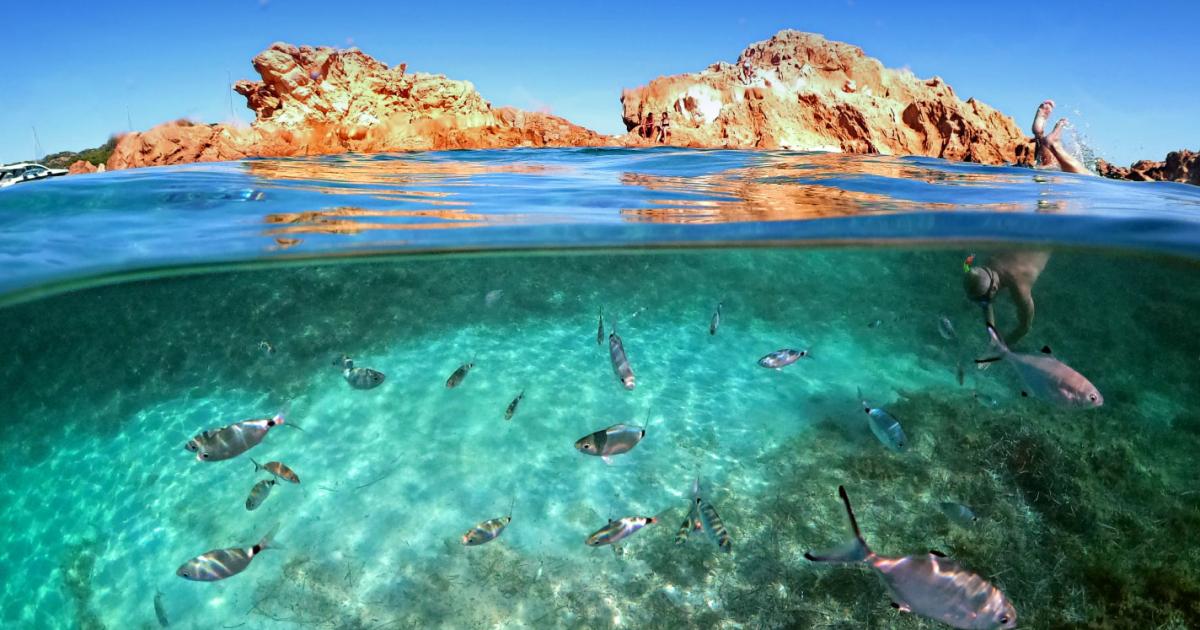


DISCLAIMER: Information and opinions reproduced in the articles are the ones of those stating them and it is their own responsibility. Publication in The European Times does not automatically means endorsement of the view, but the right to express it.
DISCLAIMER TRANSLATIONS: All articles in this site are published in English. The translated versions are done through an automated process known as neural translations. If in doubt, always refer to the original article. Thank you for understanding.

– Advertisement –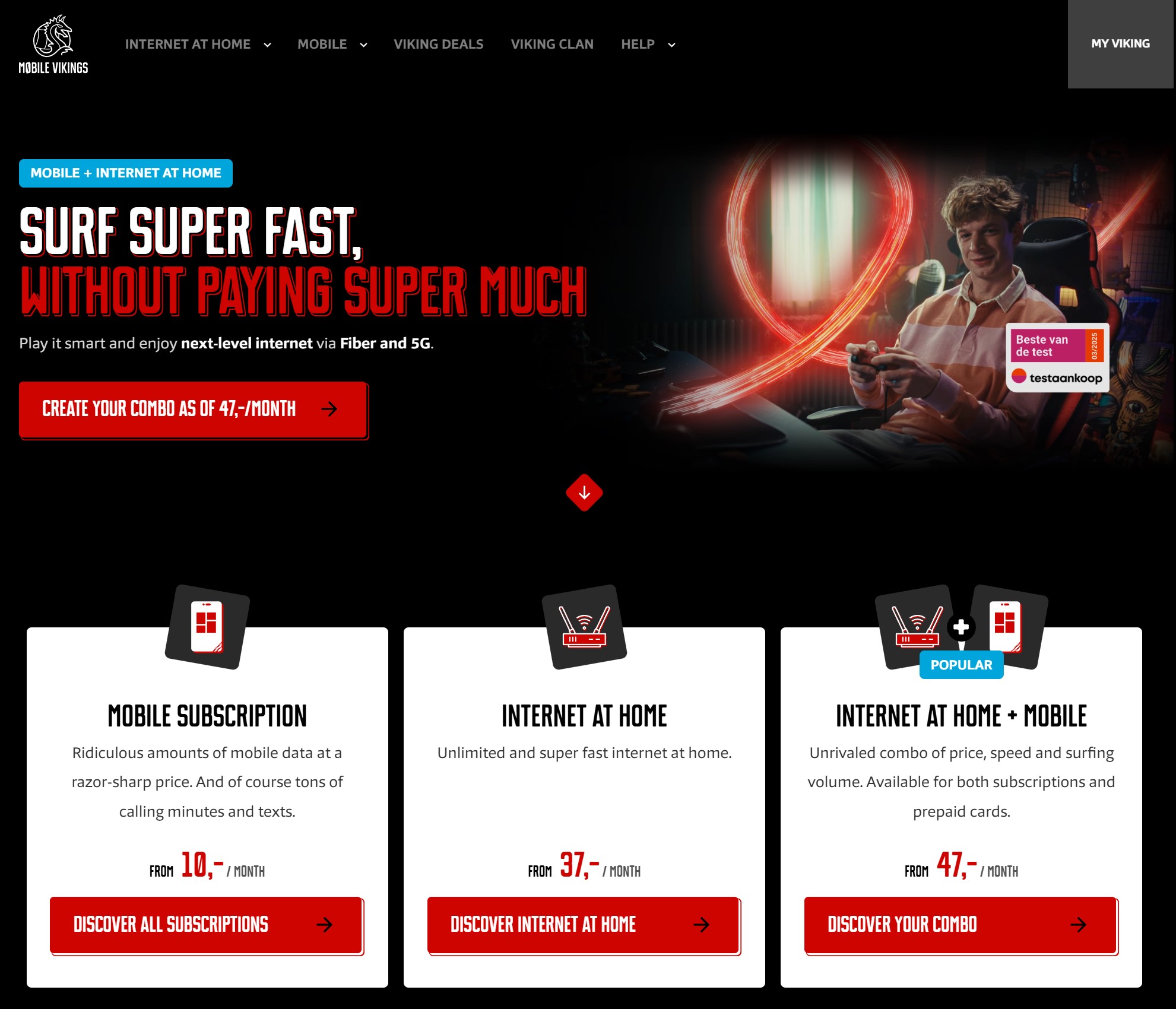
– Advertisement –
The ocean shapes our economies, our food systems, even the air we breathe. To better protect our ocean, the Commission has adopted a European Ocean Pact, which will help to promote a thriving blue economy and support the well-being of people living in coastal areas.
This Ocean Pact brings together EU ocean policies under one single and coordinated framework. It will do so through a collaborative approach between EU countries, regions, and stakeholders, including fishers, innovators, investors, scientists, and civil society. Six priority areas for action will define this work, namely
- protecting and restoring ocean health by supporting EU countries in their efforts to restore degraded coastal marine habitats
- boosting the competitiveness of the EU sustainable blue economy including by strengthening the EU’s maritime industry and by introducing a Blue Generational Renewal Strategy, to foster access to young professionals in marine research, ocean tech, and sustainable fisheries
- supporting coastal and island communities, and outermost regions by presenting new or updated strategies for these regions and communities
- enhancing maritime security and defence by strengthening EU coast guard cooperation and maritime border security
- advancing ocean research, knowledge, skills and innovation by proposing an ambitious EU Ocean Observation Initiative
- strengthening EU ocean diplomacy and international ocean governance by stepping up its fight against illegal, unreported and unregulated fishing
The European Ocean Pact will be complemented by an ocean act by 2027, which will help to ensure the implementation of the priorities of the pact. An EU Ocean Pact dashboard will be used to track progress.
For more information
Press release: Commission adopts European Ocean Pact for a healthy ocean, a competitive blue economy and thriving coastal communities
More information about the European Ocean Pact
Source link
More from the author
– EXCLUSIVE CONTENT –
Politics
The European Union and the Republic of Moldova confirm their strong partnership at the 9th EU-Moldova Association Council meeting
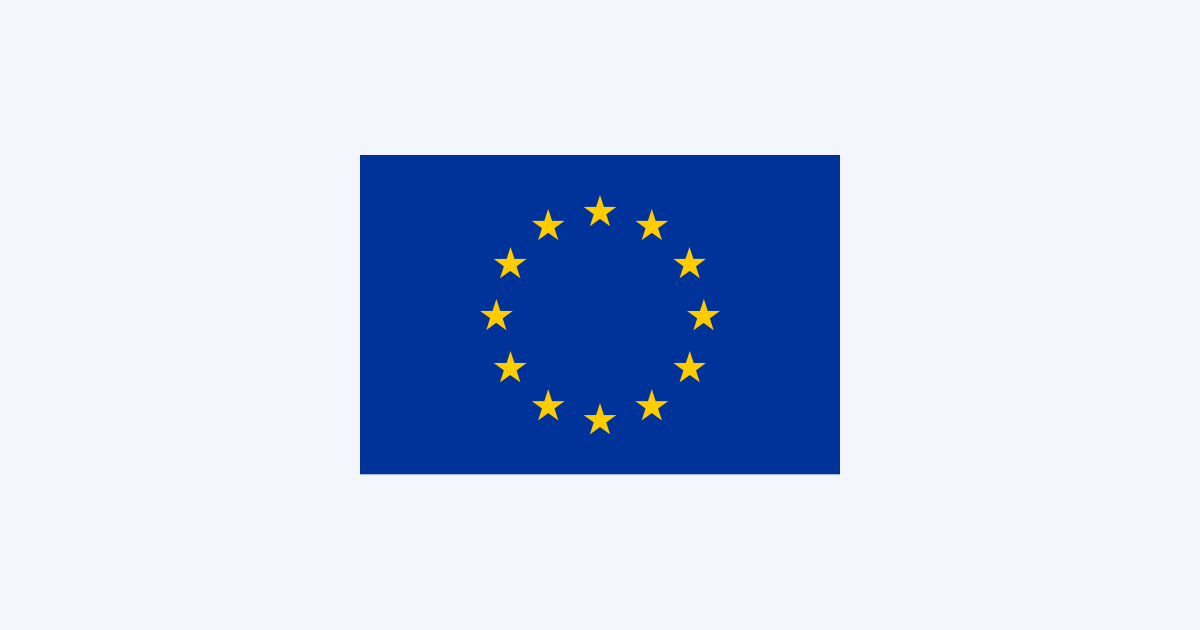

© FRVS+MPCP 2022. The European Times® News is registered as an EU Trademark. All rights reserved. The European Times® and the logo of The European Times® are EU trademarks registered by FRVS+MPCP.
Members/Partners of

About Us
Popular Category
DISCLAIMER OPINIONS: The opinions of the authors or reproduced in the articles are the ones of those stating them and it is their own responsibility. Should you find any incorrections you can always contact the newsdesk to seek a correction or right of replay.
DISCLAIMER TRANSLATIONS: All articles in this site are published in English. The translated versions are done through an automated process known as neural translations. If in doubt, always refer to the original article. Thank you for understanding.
DISCLAIMER PHOTOS: We mostly used photos images that are readily available online, from free sources, or from the people promoting the news. If by any chance it happens that we have used one of your copyrighted photos, please do not hesitate to contact us and we will take it down without question. We do not make profits as this is a not for profit project to give voice to the voiceless while giving them a platform to be informed also of general news, and it is completely free.
Editor Picks
-
EU & the World5 days ago
Aurora Borealis Forecast: Where & When to See the Northern Lights Tonight
-

 Sports6 days ago
Sports6 days agoChampions League Final 2024-2025: PSG-Inter, official lineups
-

 EU & the World6 days ago
EU & the World6 days agoRihanna’s Parents: About Her Late Dad Ronald Fenty & Mom Monica Braithwaite
-
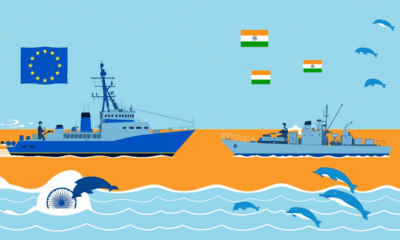
 Politics7 days ago
Politics7 days agoEU and India Forge Deeper Maritime Ties with Historic Joint Naval Exercise in the Indian Ocean
-

 Sports5 days ago
Sports5 days agoOfficial: Damien Comolli new general manager of Juventus.
-

 EU & the World6 days ago
EU & the World6 days agoLoretta Swit’s Net Worth: How Much Money the ‘M*A*S*H’ Alum Had
-
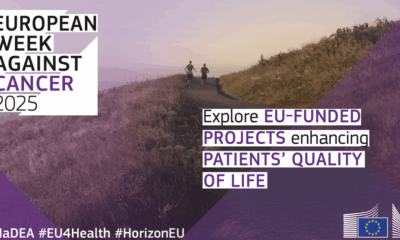
 Politics7 days ago
Politics7 days agoEuropean Week Against Cancer 2025: EU-funded projects and initiatives contributing to enhancing patients’ quality of life
-
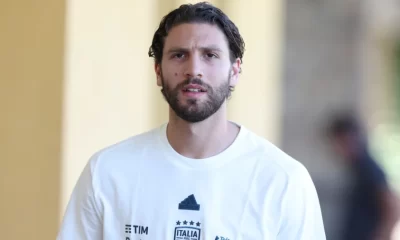
 Sports4 days ago
Sports4 days agoManuel Locatelli forced to leave Italy's training camp








